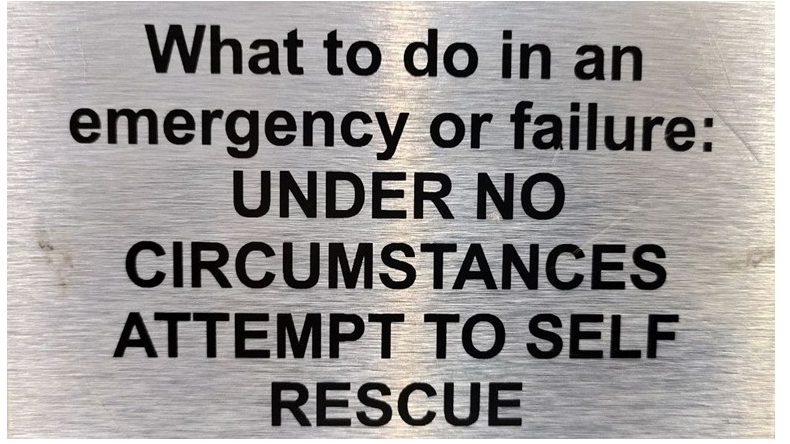
We could say that since the French Revolution, the West has lost its connection to transcendence. Hence the failed attempt of Romanticism (tragedy of the Promethean man who sells his soul to the devil to achieve his ends).
Actually, the road to the erasure of transcendence was long and not immediate; during that journey there were stages at which it could have been saved. The last of these was futurism.
But what does tradition have to do with the Will to Power?
Well, the West differs from the East in its approach to the path of asceticism: the East was characterised by the contemplative path, the West by that of heroic action.
Spirituality was found in the immanent conquest that became myth: Trajan’s Column, Arc de triomphe etc..
Futurism, perhaps unconsciously, sought the Will to Power in Technology so that Man would dominate Nature. Technology, regardless of its complexity, was an instrument of conquest and greatness: motorbikes and aeroplanes launched into mad races, battles with daggers and hand grenades.
But something went wrong.
For some reason, since the Second World War, human life has become an enormous resource, it has been given a definite economic value, and consequently a cost. Losing one’s life is a fairly large expenditure of money, it must be avoided at all costs. Safety must be put first above all else. Statistics show that….excel sheets…graphs, regulations dictate that…insurance companies reimburse if…
But the core of safety is that no one gives a shit about saving people but to fill time and for the various safety officers to create a salary out of nothing by enforcing rules and regulations that are really just a palliative to any real intention to save anyone. People who run occupational safety courses teach very seriously how to climb a ladder, making you believe that you have been doing it wrong up to that point. Many fall for it and waste their time listening to these charlatans and smoke sellers. What the viewers are trading is their life’s time for nothing in return and instead justifying the existence of these perverse safety first systems.
Risk reduction for a safer sheep’s life. If no risks are taken then nothing bad can happen. Nothing could be more trivial and unnecessary since risk is proportionate to each individual’s capabilities and experience.
Risk, through the Will to Power, has been bureaucratically reduced, ridiculed banned: so much so that risk, and consequently its companion the challenge, is now an adolescent phenomenon or something unconscious.
Regulation has strangled the Will to Power.
We are therefore light ghosts under the wind of law and technology (no longer as an instrument here but as an ultimate goal). Technology today enslaves, not liberates or emancipates. If, in order to be compliant with safety, it is necessary to ask permission from third parties to do anything (third parties who are generally ill-informed and not competent except in the field of safety, which makes any discourse with the third party self-referential and therefore devoid of practical outcome), the question that arises is: where has freedom gone if, after all, it is necessary to ask for that permission to exercise it?
In order to restore vitality to the West, it would be necessary to take it back to its original path where the instrument is only the conduit for man, in challenge and risk, to transcendence.